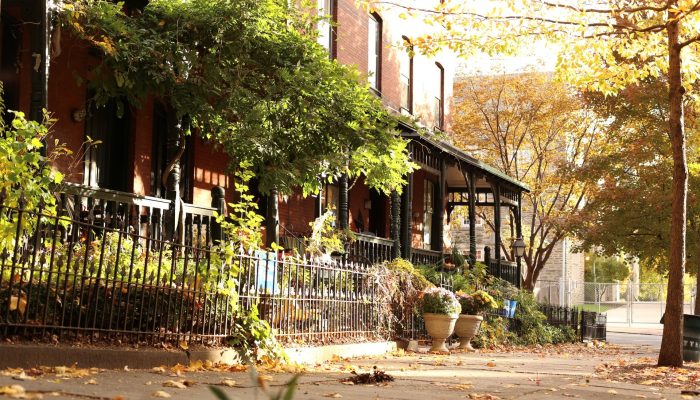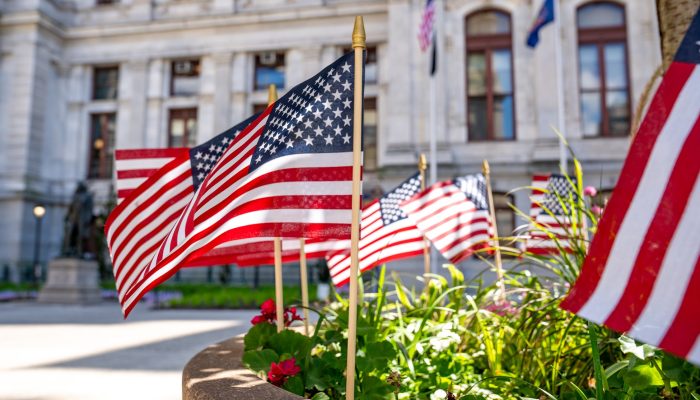Did you know that Pennsylvania property owners and homeowner associations can now repudiate or reject what are known as unlawful restrictive covenants that affect their property with an easier streamlined process?
A new state law establishes a process for property owners or homeowner associations to file a Repudiation of Unlawful Restrictive Covenants Form with their county recorder of deeds, which in Philadelphia is the Department of Records. There is no cost to record this form. An additional Return Address Form is available so that the original documents can be returned to the owner.
An unlawful restrictive covenant is defined as a provision that attempts to restrict ownership or occupancy of real property based on a practice or policy of discrimination against individuals or groups covered under the Pennsylvania Human Relations Act.
One of the most common historical types of these unlawful covenants are known as racially restrictive covenants. These covenants were agreements added to property deeds that typically prohibited the sale or lease of the property to non-White persons. In Philadelphia, such covenants were put into place to restrict the movement of Black residents into new developments and predominantly White neighborhoods. The use of these covenants increased rapidly through the1910s and1920s.
The United States Supreme Court outlawed the use of racially restrictive covenants in 1948, when it ruled that state courts could no longer enforce them. Although unenforceable and illegal, the language of the covenants remains in the original deeds that contained them that are on the public record.
The new law described above permits you as a property owner to officially reject these covenants if they are contained in a deed affecting your property by filing the Repudiation of Unlawful Restrictive Covenants Form with the Department of Records.
For information about how to record a document in our office, go here. To research whether there may be an unlawful restrictive covenant affecting your property, go here.
If you want to learn more about the history of racially restrictive covenants in Philadelphia, check out the groundbreaking research conducted by the Federal Reserve Bank of Philadelphia on Philadelphia’s History of Racially Restricted Housing , which the Department of Records facilitated by providing historical deed records.
Finally, please note that the new state law clarifies that it would not be unlawful for a religious organization to include a covenant or restriction on a property that prevents the use of the property for purposes that would be offensive to that religious organization and that it would also not be unlawful to use an age-based covenant or restriction intended to create a senior living community.




